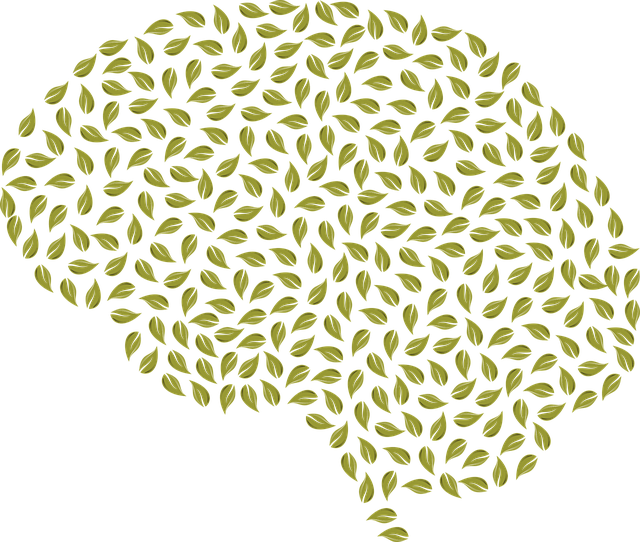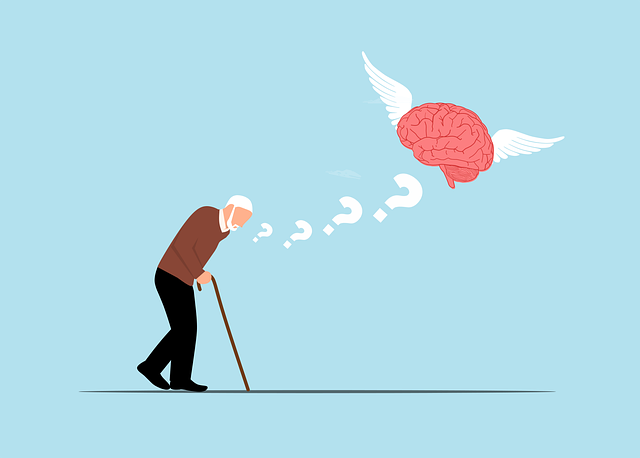Lone Tree Women’s Issues Therapy emphasizes the importance of self-care for holistic well-being, especially for women facing unique challenges. They guide individuals through identifying personal needs and practicing mindfulness, exercise, quality sleep, and social connections to manage stress and enhance life satisfaction. Crisis intervention and risk assessment play a crucial role in teaching sustainable self-care practices. By integrating rituals like journaling and nature connection into daily routines, individuals overcome barriers and foster emotional balance. Lone Tree Womens Issues Therapy's consistent self-care practices lead to personal transformation, resilience, and overall well-being.
“Unwind and reconnect with yourself through a transformative journey of self-care. This article, tailored for individuals seeking growth, offers a comprehensive guide to enhancing well-being. From understanding the core principles of self-care to identifying personal needs, we explore effective rituals and strategies.
We delve into challenges faced, providing solutions to overcome barriers. Discover how to integrate sustainable self-care practices into daily life, fostering lasting change. For those navigating women’s issues, Lone Tree Womens Issues Therapy offers valuable insights, emphasizing the importance of self-discovery and holistic well-being.”
- Understanding Self-Care: The Foundation of Well-being
- Identifying Personal Needs: A Journey to Self-Discovery
- Strategies for Effective Self-Care Rituals
- Overcoming Barriers: Challenges in Practicing Self-Care
- Nurturing Lasting Change: Integrating Self-Care into Daily Life
Understanding Self-Care: The Foundation of Well-being

Understanding self-care is pivotal to cultivating holistic well-being. It’s more than just a trend or a luxury; it’s a necessary practice for navigating life’s challenges and maintaining mental health, especially for women facing unique issues. Self-care involves intentional activities that nurture our physical, emotional, and psychological needs, enabling us to thrive in a fast-paced world. At Lone Tree Women’s Issues Therapy, we recognize the profound impact of prioritizing self-care on managing stress, improving resilience, and enhancing overall life satisfaction.
The foundation of effective self-care lies in recognizing individual needs and boundaries. This involves listening to our bodies and minds, understanding our triggers, and taking proactive steps towards maintaining mental health. By incorporating practices such as mindfulness, regular exercise, quality sleep, and engaging social connections into daily routines, individuals can build resilience against life’s crises. Crisis intervention guidance and risk assessment for mental health professionals play a crucial role in teaching and supporting clients in developing sustainable self-care practices.
Identifying Personal Needs: A Journey to Self-Discovery

Identifying your personal needs is a transformative journey that forms the foundation for self-care practices improvement. It’s akin to navigating a vast landscape where every turn reveals a new aspect of yourself. Through introspection, many individuals find they’ve been ignoring subtle cues their bodies and minds have been sending—signs of stress, dissatisfaction, or unmet emotional needs. This process often requires seeking professional guidance from Lone Tree Womens Issues Therapy experts who can help you uncover and understand these deeper layers.
In the quest for improved self-care, emotional regulation emerges as a pivotal skill. It involves learning to manage your emotions effectively, enabling you to respond rather than react in challenging situations. This, coupled with positive thinking strategies from the Mental Wellness Podcast Series Production, can significantly enhance overall mental wellness. By acknowledging and prioritizing your needs, you embark on a path towards holistic self-improvement, fostering a healthier and more fulfilling life.
Strategies for Effective Self-Care Rituals

Incorporating effective self-care rituals into your daily routine is a powerful way to nurture both your physical and mental wellness, especially when guided by seasoned professionals like those at Lone Tree Women’s Issues Therapy. Start by identifying what truly relaxes and rejuvenates you; this could be as simple as 10 minutes of silent meditation or engaging in a hobby that ignites your creativity. Consistency is key; setting aside dedicated time for self-care, even if it’s just a few times a week, can significantly impact your overall well-being. Incorporate activities that foster positive thinking and emotional balance, such as journaling, practicing gratitude, or connecting with nature.
Consider integrating these rituals into your lifestyle through structured routines. For instance, begin each day with a grounding practice like deep breathing exercises to set a calm tone for the ahead. Similarly, end your day by reflecting on the positives and letting go of stressors through written expression. Explore various self-care practices and adapt them to suit your unique needs. From indulging in soothing baths to treating yourself to a massage, every act of self-love contributes to a healthier, happier you. Remember, investing time in your mental wellness is not a luxury but a necessity for navigating life’s challenges effectively.
Overcoming Barriers: Challenges in Practicing Self-Care

Overcoming barriers is a significant step in improving self-care practices, especially for individuals seeking support through Lone Tree Womens Issues Therapy. Many challenges can deter people from prioritizing their mental health and well-being. One common hurdle is time constraints; modern lifestyles often leave little room for self-reflection or relaxation amidst the hustle and bustle of daily routines. This issue highlights the need for efficient strategies, like incorporating brief mindfulness exercises into busy schedules to foster mental clarity.
Another barrier is societal stigma surrounding mental health issues, which can discourage people from acknowledging their struggles. Cultural sensitivity in mental healthcare practice plays a pivotal role in breaking these barriers down, ensuring individuals feel comfortable seeking help without fear of judgment. Additionally, learning conflict resolution techniques empowers individuals to navigate interpersonal challenges healthily, promoting self-care by fostering supportive relationships crucial for overall well-being and Mental Health Awareness.
Nurturing Lasting Change: Integrating Self-Care into Daily Life

Integrating self-care into daily life is a transformative process that requires consistency and commitment. It’s not just about occasional pampering; it’s about fostering lasting change in how we nurture our emotional well-being. At Lone Tree Women’s Issues Therapy, we emphasize the importance of making self-care a non-negotiable part of your routine. This means setting aside dedicated time for activities that recharge and rejuvenate you, whether it’s practicing mindfulness, engaging in physical activity, or connecting with loved ones.
By consistently prioritizing self-care, you initiate powerful emotional healing processes, enhance stress management, and cultivate mental health awareness. It becomes a symphony of practices that work in harmony to sustain your overall well-being. Embrace the metamorphosis as you integrate these habits into your life, allowing yourself to become the best version of you, resilient and thriving.
Self-care is a powerful tool for enhancing well-being, and as discussed in this article, it starts with understanding and identifying personal needs. By incorporating effective rituals and overcoming barriers, individuals can achieve lasting change, ensuring their mental and physical health. For those seeking guidance, Lone Tree Women’s Issues Therapy offers specialized support to navigate the journey of self-discovery and implement sustainable self-care practices, fostering a healthier and more fulfilling life.














